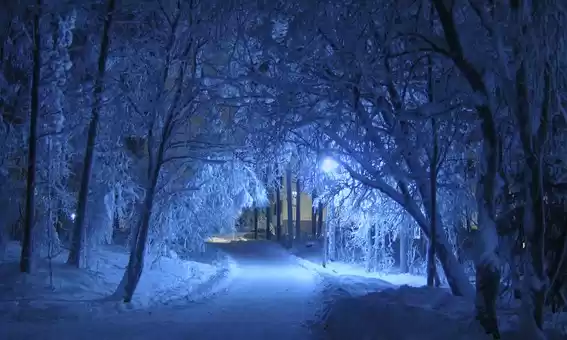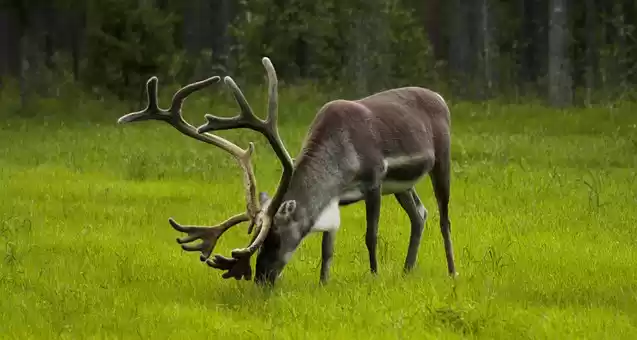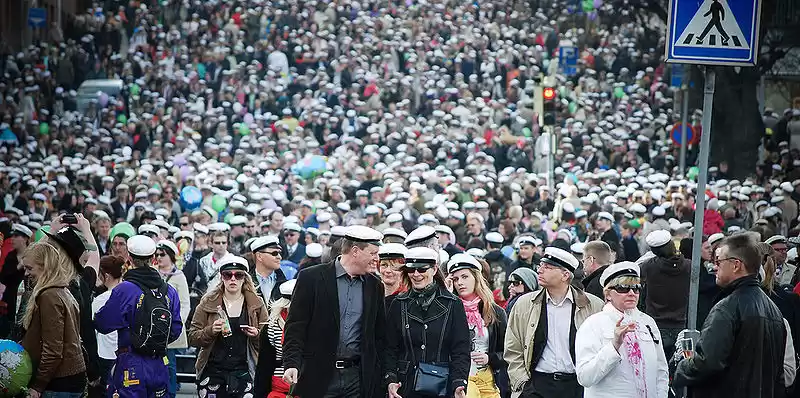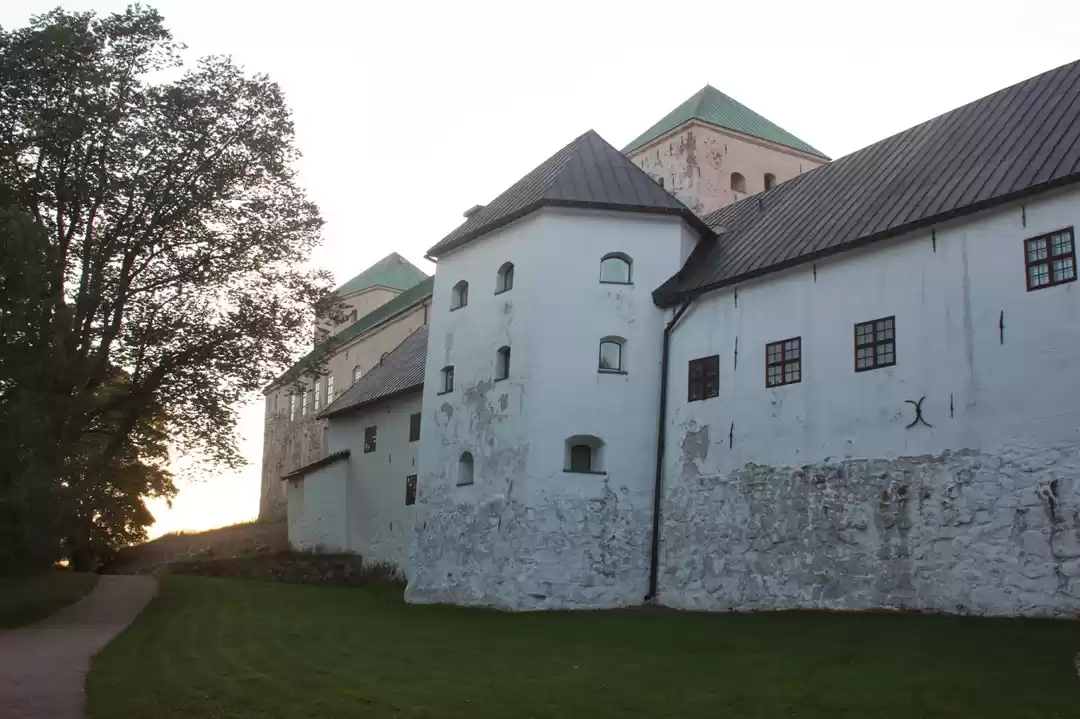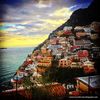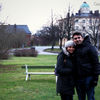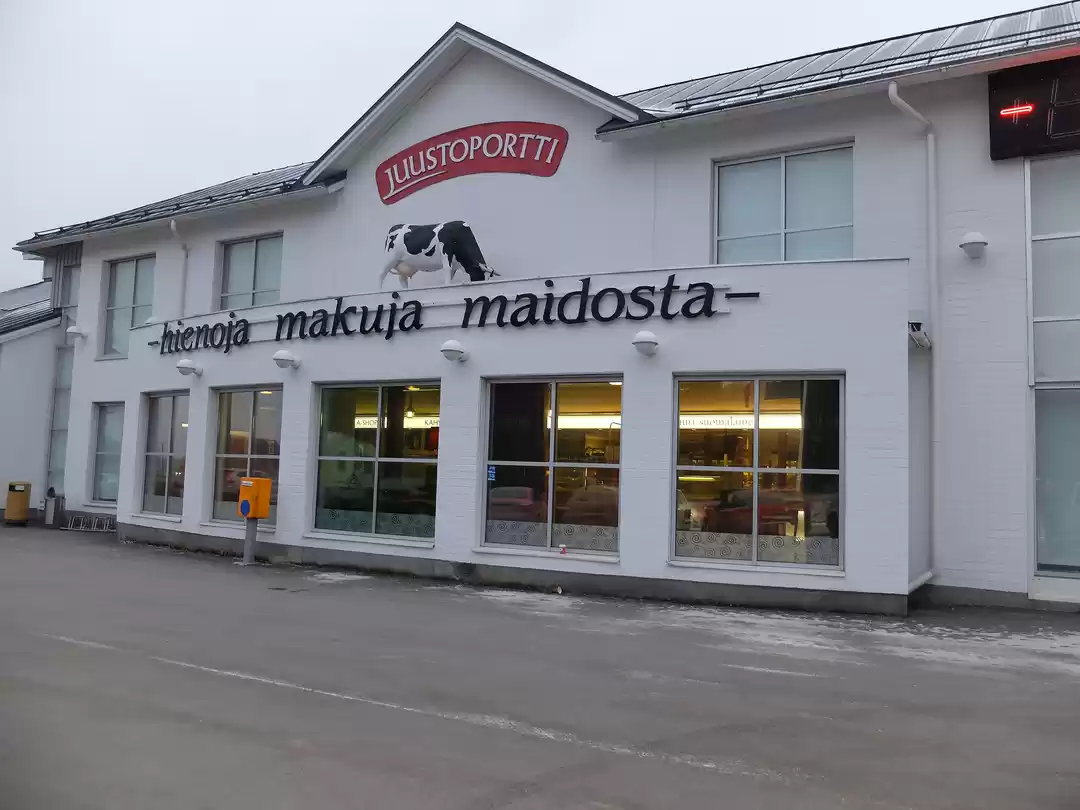Finland Tourism and Travel Guide
Finland (/ˈfɪnlənd/; Finnish: Suomi [suomi]; Swedish: Finland [ˈfɪnland]), officially the Republic of Finland, is a Nordic country in Northern Europe bordered by Sweden to the west, Norway to the north, and Russia to the east; Estonia lies to the south across the Gulf of Finland. Finland is part of the geographic region of Fennoscandia, which also includes Scandinavia and parts of Russia.In 2013, Finland's population was around 5.5 million, with the majority living in its southern regions. In terms of area, it is the eighth largest country in Europe and the most sparsely populated country in the European Union. Finland is a parliamentary republic with a central government based in the capital Helsinki, local governments in 317 municipalities, and an autonomous region, the Åland Islands. Over 1.4 million people live in the Greater Helsinki metropolitan area, which produces a third of the country's GDP. Other large cities include Tampere, Turku, Oulu, Jyväskylä, Lahti, and Kuopio.From the late 12th century until 1809, Finland was part of Sweden, a legacy reflected in the prevalence of the Swedish language and its official status. It was then incorporated into the Russian Empire as the autonomous Grand Duchy of Finland, until the Russian Revolution of 1917 prompted the Finnish Declaration of Independence. This was followed by the Finnish Civil War in which the pro-Bolshevik Finnish Socialist Workers' Republic was defeated by the pro-conservative 'Whites' with support from the German Empire. After a brief attempt to establish a kingdom, the country became a republic. In World War II, Finnish forces fought in three separate conflicts: the Winter War (1939–1940) and Continuation War (1941–1944) against the Soviet Union, and the Lapland War (1944–1945) against Nazi Germany. Finland joined the United Nations in 1955 and established an official policy of neutrality. It joined the Organisation for Economic Co-operation and Development (OECD) in 1969, the European Union in 1995, and the Eurozone at its inception in 1999.Finland was a relative latecomer to industrialisation, remaining a largely agrarian country until the 1950s. It rapidly developed an advanced economy while building an extensive Nordic-style welfare state, resulting in widespread prosperity and one of the highest per capita incomes in the world.Finland is a top performer in numerous metrics of national performance, including education, economic competitiveness, civil liberties, quality of life, and human development. In 2015, Finland is ranked first in the World Human Capital and the Press Freedom Index, and as the most stable country in the world in the Failed States Index. In 2010, Newsweek chose Finland as the best country in the world.The country has a long legacy of social progressivism, in 1906, before gaining the independence, it became the second nation in the world to give the right to vote to all adult citizens and the first in the world to give full suffrage to all adult citizens. About 73.9% of Finns were members of the Evangelical Lutheran Church of Finland in 2014; nevertheless, the Lutheran Church estimates that approximately only 2% of its members attend church services weekly.

